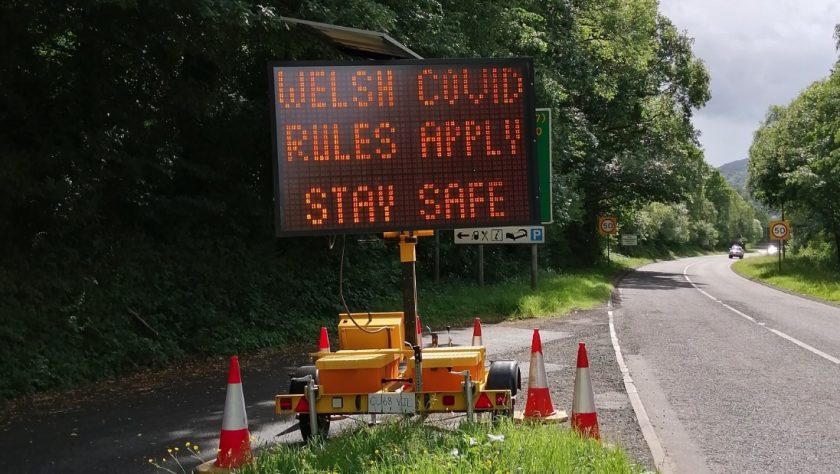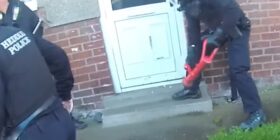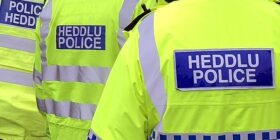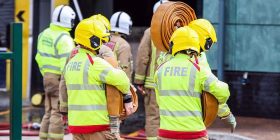Restrictions on people travelling into Wales from UK coronavirus hotspots to begin at 6pm today

A ban on travelling to Wales from UK coronavirus will come into effect at 6pm this evening.
The action is being taken after Prime Minister Boris Johnson did not respond to the First Minister’s requests to make advisory travel guidance in English coronavirus hotspots mandatory.
Under the new regulations people living in England’s Tier Two – ‘high’ alert level areas which include Chester and Cheshire West and Tier Three – ‘very’ high level – which includes the Liverpool City Region will be banned from travelling into Wales.
People living in the central belt of Scotland and this living in Northern Ireland will also be banned.
However at the time of writing no official guidance on how the regulations will work in practice have been published by the Welsh Government.
Welsh Secretary Simon Hart wrote to Mark Drakeford yesterday said that he is “worried that without rapid explanation, this approach risks stirring division and confusion in Wales.”
Speaking earlier this week, First Minister Mark Drakeford said: “Evidence from public health professionals suggests coronavirus is moving from east to west across the UK and across Wales.
“As a general rule, it is concentrating in urban areas and then spreading to more sparsely populated areas as a result of people travelling.
“Much of Wales is now subject to local restriction measures because levels of the virus have risen and people living in those areas are not able to travel beyond their county boundary without a reasonable excuse.
“This is designed to prevent the spread of infection within Wales and to other areas of the UK.
“I am determined to keep Wales safe.”
Mark Bleasdale, Police Federation of England and Wales’ Welsh Lead, said: “On the face of it, this is unenforceable because of the difficulty of identifying where people are coming from and where they are going to.
Mr Drakeford said: “People shouldn’t be looking at the rules and asking themselves how can I get around the rule. It is absolutely possible to enforce it and that is not a theoretical possibility, because we did exactly this for many weeks earlier this year.”
“Earlier in the year, we had a ruling Wales that said you have to stay local. That meant you weren’t able to travel more than five miles or so from your own home and, of course, we have people coming across the border into Wales.”
“Our police were very successful in persuading those people that they had crossed the border into Wales where the rules were different, they weren’t allowed to travel onwards and those people turned around and went home.”
“There were a small number of people who weren’t willing to do so and fixed penalty notices had to be applied. But it was very successfully enforced then, and it can be very successfully enforced now.”
Mr Drakeford said there will be extra police patrols on main routes into Wales who will use Automatic Number Plate Recognition (ANPR) technology and other ‘well established’ techniques to identify where vehicles have come from.
Speaking to BBC Radio Shropshire this morning, North Wales Police and Crime Commissioner Arfon Jones said the rules are “not going to be easy” to enforce.
He said: “We will police it the same as we policed the initial lockdown back in March, we didn’t close the border, we didn’t set up roadblocks along the border, we will have targetted police operations.”
“People will be able to come into Wales, if you’re educated in Wales or and England and need to cross the border, if you need health services across the border if you work in an essential occupation where you can’t work from home, you’ll be allowed to travel.
“There are exceptions as there are in the counties of Wales which are currently in local lockdowns.”
Police will use the ‘four ‘E’s’ approach.
Engage – officers speak to people and try to establish their awareness and understanding of the situation.
Explain – officers try to educate people about any rules.
Encourage – officers may need to guide individuals, suggesting they return home.
Enforce – officers may use fines as a last resort
Spotted something? Got a story? Email [email protected]












